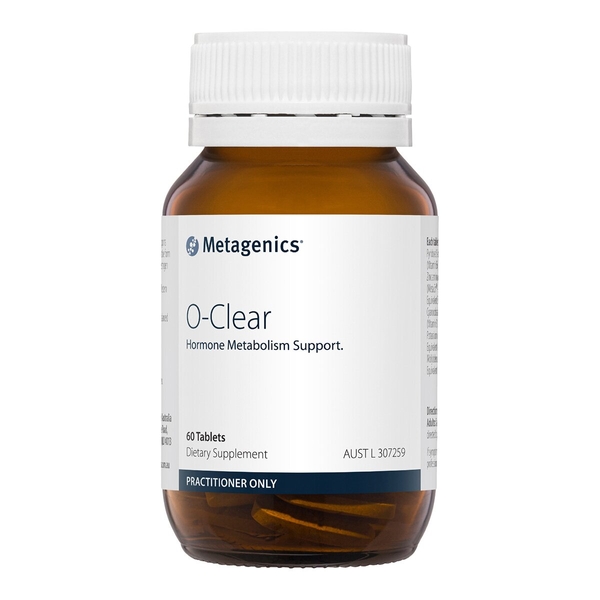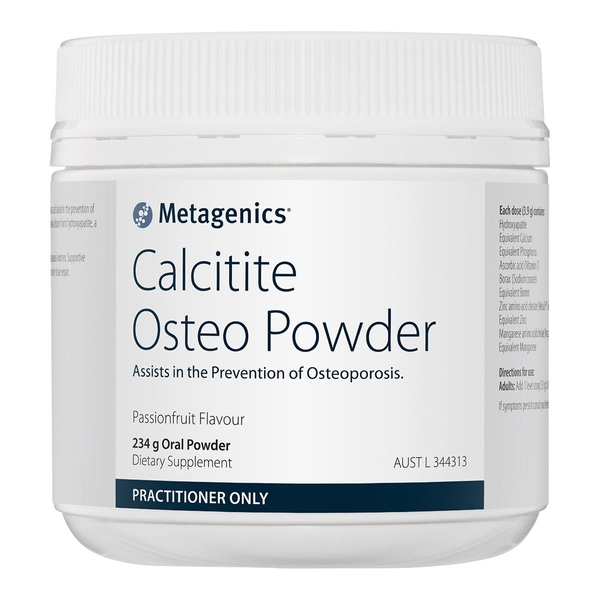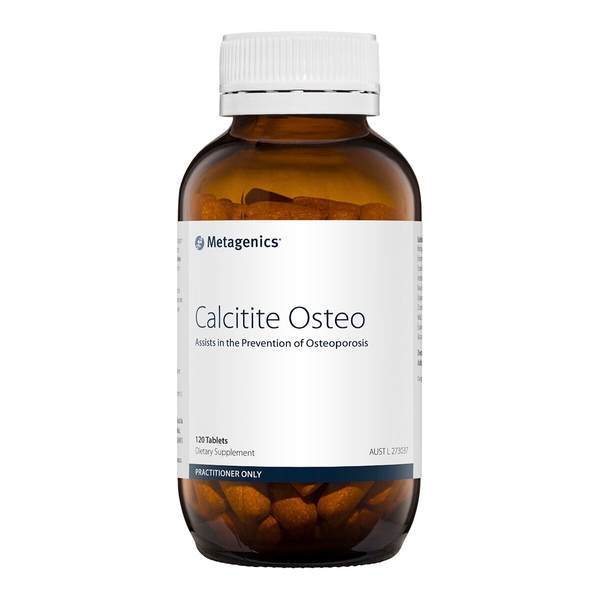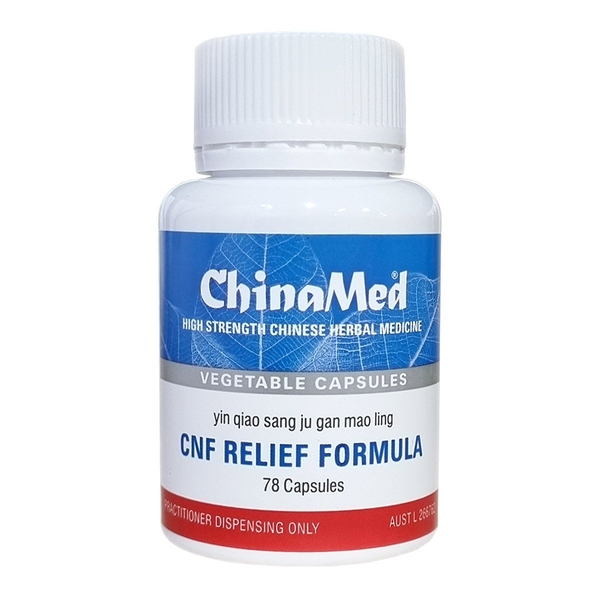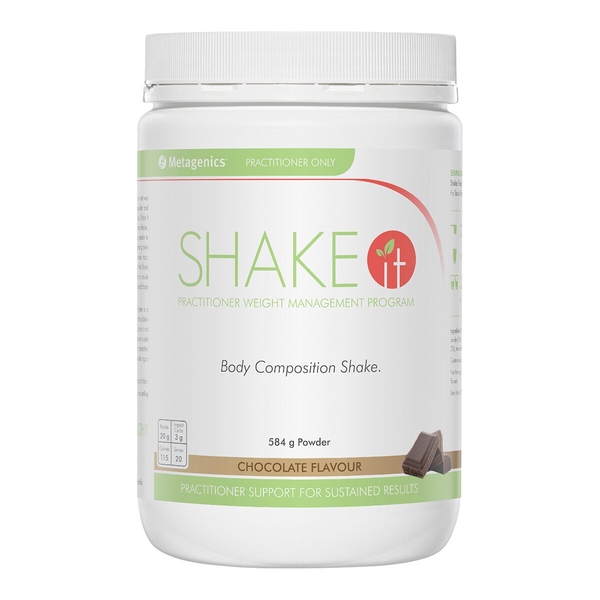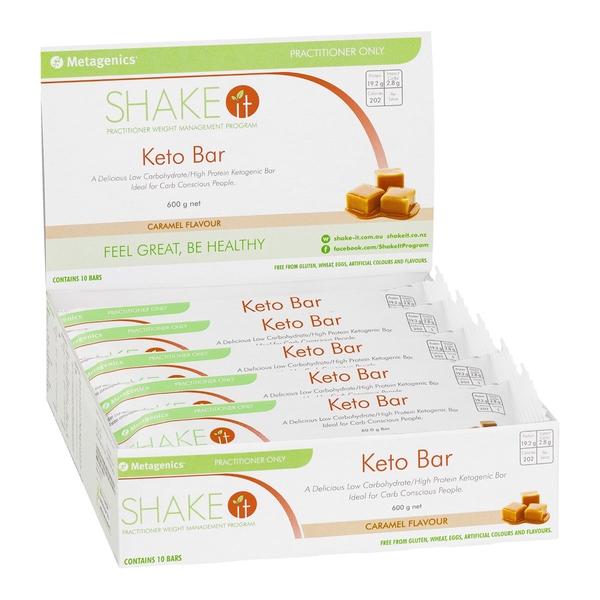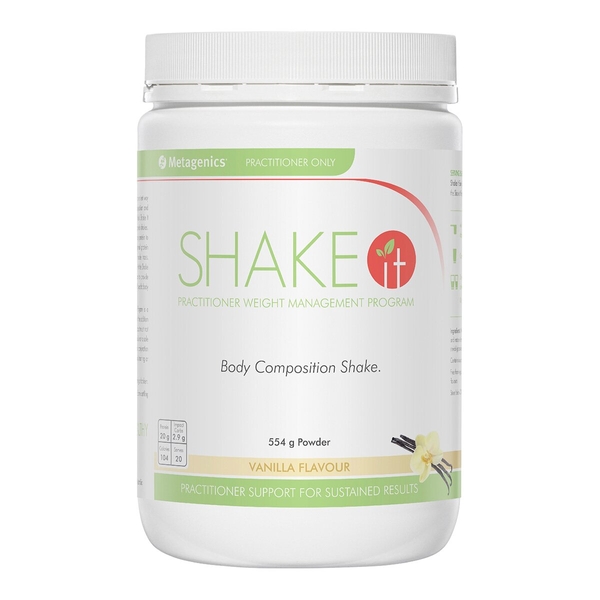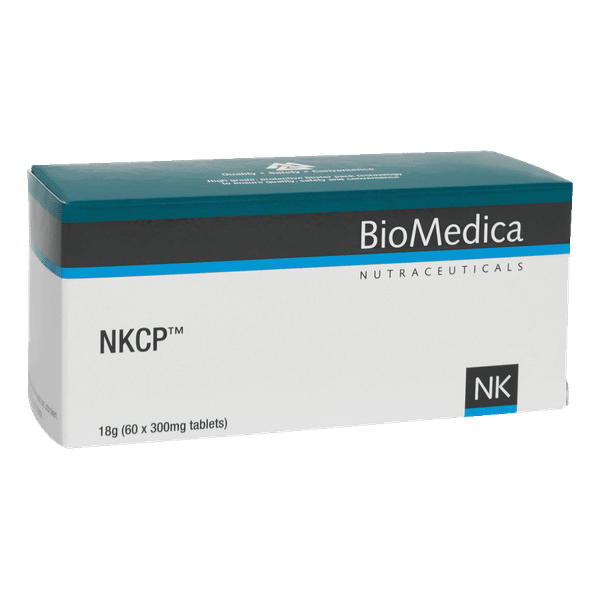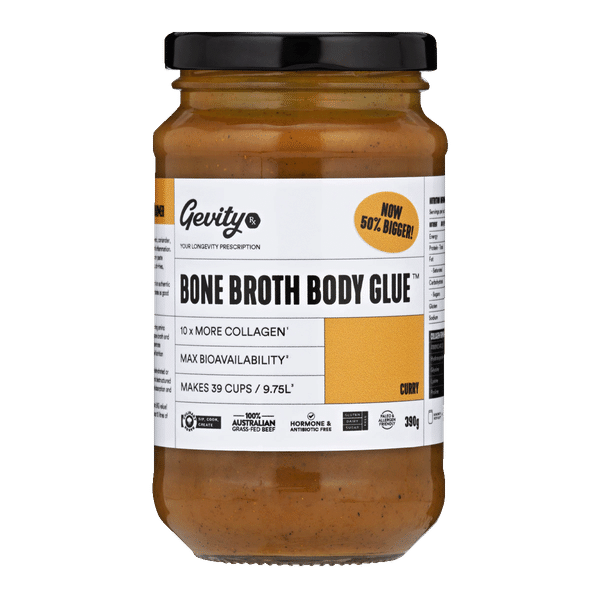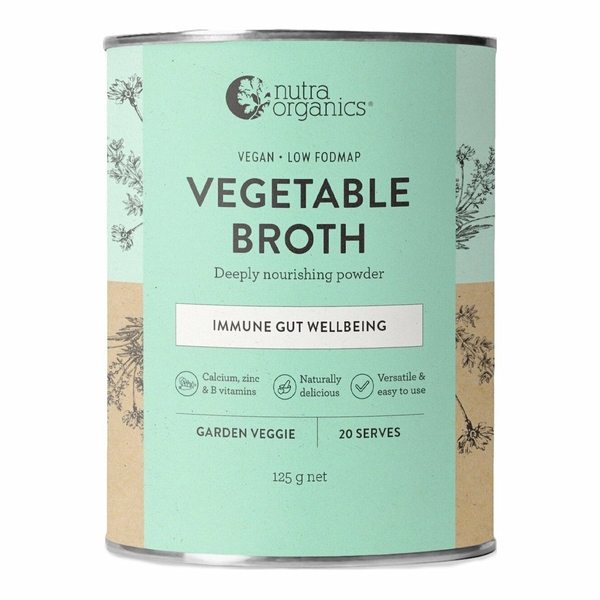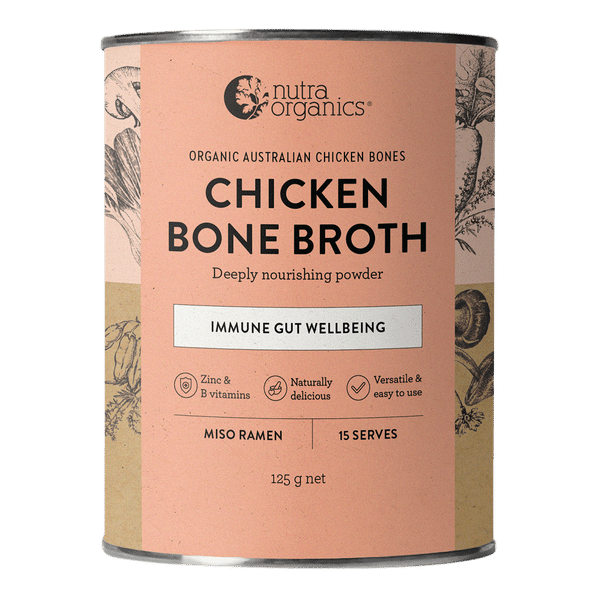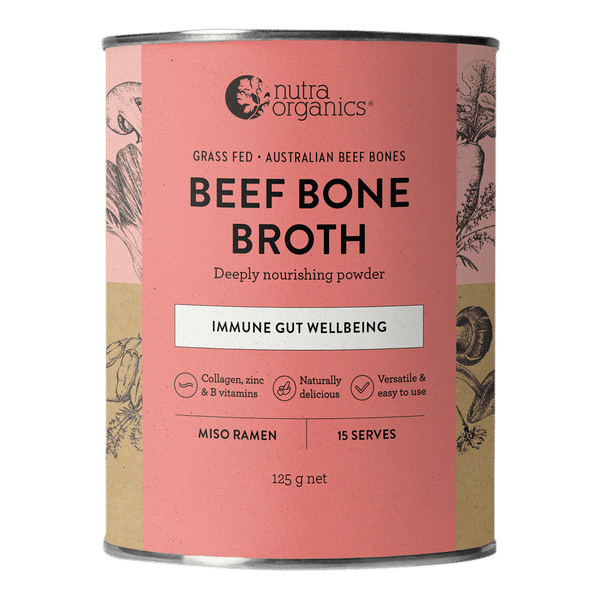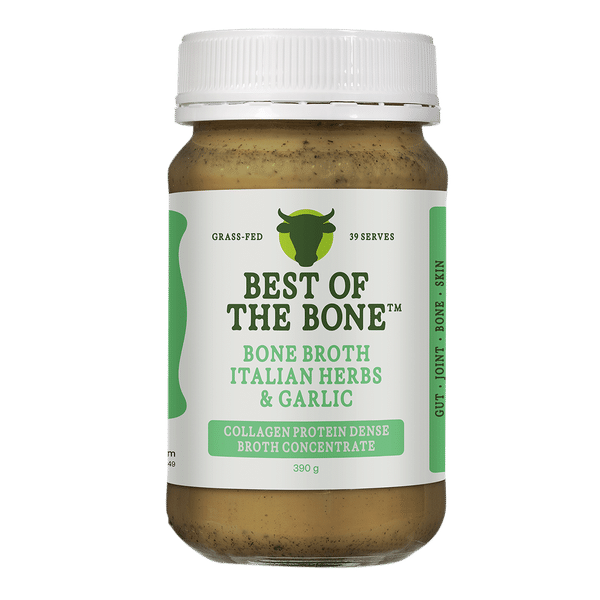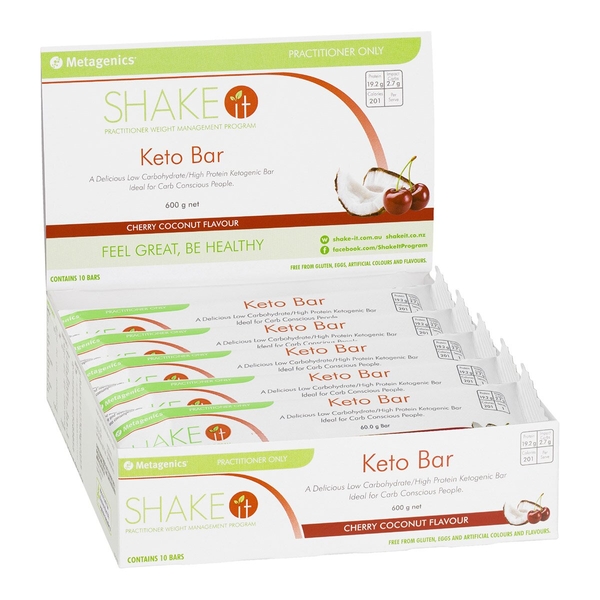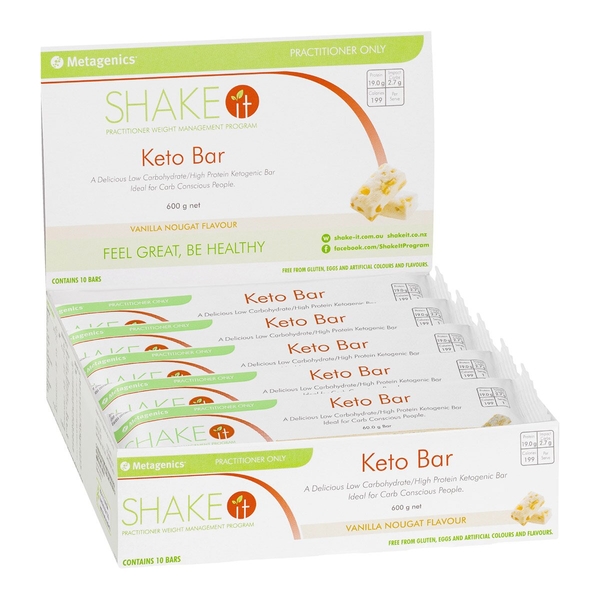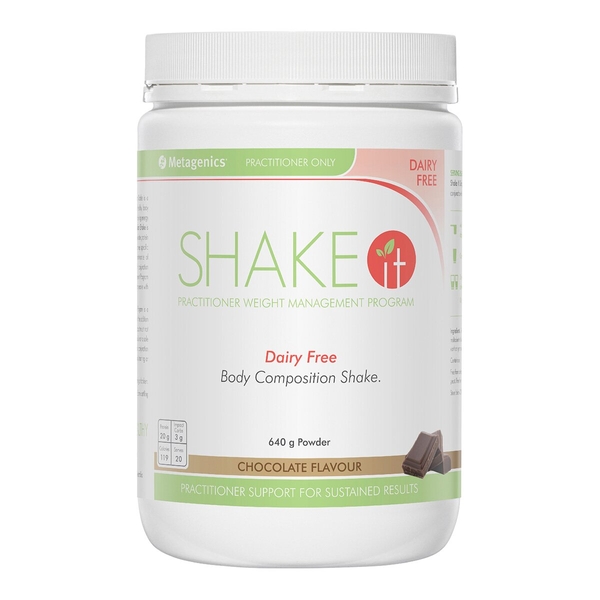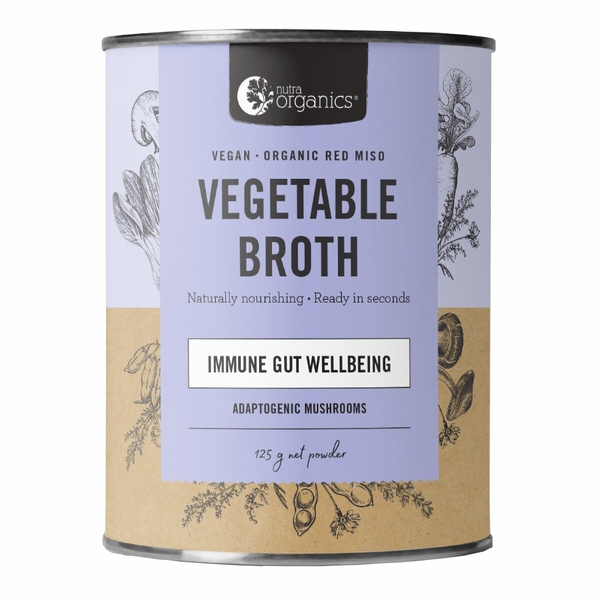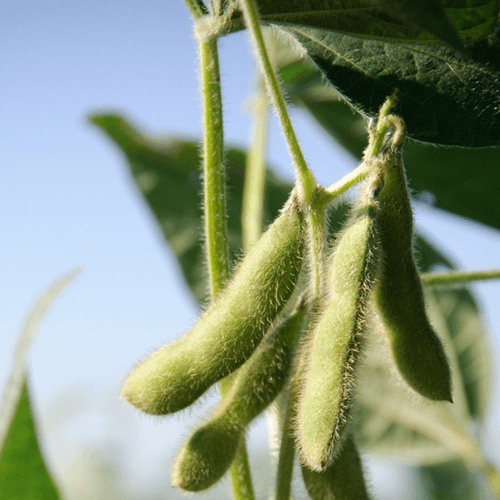
Background
Soy contains isoflavones which are changed in the body to phytoestrogens. Phytoestrogen molecules are similar in chemical structure to the hormone estrogen. In some cases, these phytoestrogens can mimic the effects of estrogen. In other cases, these phytoestrogens can block the effects of estrogen.
Soy is used for high cholesterol, high blood pressure, heart disease, diabetes, symptoms of menopause, and premenstrual syndrome (PMS). It is also used for many other conditions, but there is no good scientific evidence to support many of these uses.
Safety Safety definitions
Special Precautions & Warnings:
Pregnancy: Soy is commonly consumed in foods. However, soy is possibly unsafe when used in the larger amounts found in medicine when pregnant. Higher doses during pregnancy might harm development of the baby.Breast-feeding: There isn't enough reliable information to know if soy is safe to use in the larger amounts found in medicine when breast-feeding. Stay on the safe side and stick to food amounts.
Children: Soy is commonly consumed in foods. Giving infants soy formula doesn't seem to cause health or reproductive problems later in life. But soy milk that is not designed for infants should not be used as a substitute for infant formula. Regular soy milk could lead to nutrient deficiencies.
Soy is possibly unsafe when used as an alternative to cow's milk in children who are allergic to cow's milk. Although soy protein-based infant formulas are often promoted for children with milk allergy, these children are often allergic to soy as well.
Don't give children soy in amounts larger than what is found in food or formula. Researchers don't know whether soy is safe for children at higher doses.
Breast cancer: The effects of soy in people with breast cancer are unclear. Because there isn't enough reliable information about the effects of soy in females with breast cancer, a history of breast cancer, or a family history of breast cancer, it's best to avoid using soy supplements until more is known.
Allergy to peanuts and related plants: Soy might cause serious allergic reactions in people who are allergic to peanuts and other members of the Fabaceae plant family.
Under-active thyroid (hypothyroidism): Some people with this condition also have low iodine levels. Taking soy might make this condition worse in people who have low iodine levels.
Kidney failure: Soy contains a chemical called phytoestrogens. People with kidney failure who use soy products might have blood levels of phytoestrogens become too high. If you have kidney failure, avoid taking large amounts of soy.
Kidney stones: Soy products might increase the risk of kidney stones. Soy products contain large amounts of chemicals called oxalates. Oxalates are the main ingredient in kidney stones. If you have a history of kidney stones, avoid taking large amounts of soy.
Milk allergy: Children who are very allergic to cow's milk might also be sensitive to soy products. Use soy products with caution.
Bladder cancer: Soy products might increase the chance of getting bladder cancer. Avoid soy foods if you have bladder cancer or are at high risk of getting it.
Effectiveness
- Breast cancer. Eating large amounts of soy might help prevent breast cancer or breast cancer recurrence in some people. But taking soy supplements doesn't seem to help.
- Long-term kidney disease (chronic kidney disease or CKD). Taking soy protein by mouth seems to reduce protein in the urine and other measures of kidney function in people with CKD.
- Diabetes. Eating a diet high in soy seems to reduce the risk of developing diabetes. It is unclear if eating a diet high in soy reduces the risk of developing gestational diabetes. It is also unclear if taking soy protein improves blood sugar or cholesterol levels in people who already have diabetes.
- Diarrhea. Feeding infants with formula supplemented with soy fiber seems to reduce diarrhea. But taking soy by IV doesn't seem to reduce diarrhea in adults. IV products can only be given by a healthcare provider.
- An inherited disorder in which the body is unable to properly digest the sugar galactose (galactosemia). Feeding a soy-based formula to infants who have galactosemia might help to reduce symptoms.
- High levels of cholesterol or other fats (lipids) in the blood (hyperlipidemia). Eating soy protein in place of other dietary protein or using soy fiber products seems to slightly reduce total cholesterol and low-density lipoprotein (LDL or "bad") cholesterol. But taking supplements containing purified soy isoflavones by mouth don't seem to help.
- High blood pressure. Eating soy protein seems to reduce blood pressure by a small amount in people with slightly high blood pressure.
- Inability to properly digest the sugar lactose (lactose intolerance). Feeding a soy-based formula to infants who have lactose intolerance might help to reduce symptoms.
- Symptoms of menopause. Eating soy protein or taking soy isoflavone extracts by mouth seems to help reduce hot flashes caused by menopause in some people.
- A grouping of symptoms that increase the risk of diabetes, heart disease, and stroke (metabolic syndrome). Eating soy protein products helps lower blood sugar levels and improve other measures of the disease in people with metabolic syndrome.
- Muscle strength. Taking soy protein by mouth seems to increase muscle strength. It seems to work as well as whey protein, dairy protein, and beef protein.
- Weak and brittle bones (osteoporosis). Taking soy protein or soy extract by mouth can increase bone mineral density (BMD) or slow BMD loss in females near or beyond menopause.
- Enlarged prostate (benign prostatic hyperplasia or BPH). Taking soy by mouth doesn't seem to improve urination or other symptoms in people with an enlarged prostate.
- Hot flashes in people treated for breast cancer. Taking soy by mouth doesn't reduce hot flashes related to breast cancer.
- Colon cancer, rectal cancer. Taking soy by mouth does not reduce the risk for colorectal cancer.
- Muscle soreness caused by exercise. Taking soy isoflavone extract by mouth before exercising doesn't seem to prevent muscle soreness.
Dosing & administration
Soy is also used in topical products such as gels and moisturizers. Speak with a healthcare provider to find out what type of product and dose might be best for a specific condition.
Interactions with pharmaceuticals
Antibiotic drugs
Interaction Rating=Minor Be watchful with this combination.
Antibiotics are used to reduce harmful bacteria in the body. Antibiotics can also reduce friendly bacteria in the intestines. Friendly bacteria in the intestines help to convert soy to its active form. By reducing the number of bacteria, antibiotics might decrease the effects of soy. But it is too soon to know if this interaction is a big concern.
Caffeine
Interaction Rating=Moderate Be cautious with this combination.
Soy contains the chemical genistein. Genistein might slow down how quickly the body gets rid of caffeine. This might increase the effects of caffeine.
Estrogens
Interaction Rating=Moderate Be cautious with this combination.
Large amounts of soy might have some of the same effects as estrogen. Taking soy along with estrogen pills might decrease the effects of estrogen pills.
Levothyroxine (Synthroid, others)
Interaction Rating=Moderate Be cautious with this combination.
Levothyroxine is used for low thyroid function. Soy seems to decrease how much levothyroxine is absorbed by the body in infants, but not adults. This might decrease the effects of levothyroxine in infants. The dose of levothyroxine may need to be adjusted if soy is being used regularly, such as in soy-based formulas. Otherwise, take levothyroxine and soy at least 4 hours apart.
Medications for depression (MAOIs)
Interaction Rating=Major Do not take this combination.
Fermented soy products such as tofu and soy sauce contain tyramine. Tyramine is a naturally occurring chemical that is involved in blood pressure regulation. MAOIs can decrease how quickly the body breaks down tyramine. Consuming more than 6 mg of tyramine while taking one of these medications can increase the risk of serious side effects, such as very high blood pressure. If you take one of these medications, avoid fermented soy products that contain high amounts of tyramine.
Some common MAOIs include phenelzine (Nardil), selegiline (Zelapar), and tranylcypromine (Parnate).
Medications for diabetes (Antidiabetes drugs)
Interaction Rating=Moderate Be cautious with this combination.
Soy might lower blood sugar levels. Taking soy along with diabetes medications might cause blood sugar to drop too low. Monitor your blood sugar closely.
Medications for high blood pressure (Antihypertensive drugs)
Interaction Rating=Moderate Be cautious with this combination.
Soy might lower blood pressure. Taking soy along with medications that lower blood pressure might cause blood pressure to go too low. Monitor your blood pressure closely.
Progesterone
Interaction Rating=Moderate Be cautious with this combination.
Some research shows that taking soy milk along with progesterone might increase bone loss in females with osteoporosis.
Tamoxifen (Nolvadex)
Interaction Rating=Moderate Be cautious with this combination.
Tamoxifen affects the activity of estrogen in the body. Soy seems to also affect estrogen activity in the body. Taking soy with tamoxifen might change the effects of tamoxifen. Speak with a healthcare provider if you are taking tamoxifen.
Warfarin (Coumadin)
Interaction Rating=Moderate Be cautious with this combination.
Warfarin is used to slow blood clotting. Soy has been reported to decrease the effects of warfarin. This might increase the risk of clotting. Be sure to have your blood checked regularly. The dose of your warfarin might need to be changed.
Water pills (Diuretic drugs)
Interaction Rating=Moderate Be cautious with this combination.
Soy can increase urine production. The effects seem to be similar to those of "water pills." Taking soy along with "water pills" might increase the risk for side effects.
Interactions with herbs & supplements
Green tea: Green tea contains molecules called catechins. Many of the health benefits of green tea are thought to be due to these catechins. Taking soy protein along with green tea reduces how much catechins the body absorbs. Eating soy while drinking green tea might reduce the effects of green tea. Separate dosing of green tea and soy protein by at least three hours to avoid this interaction.
Herbs and supplements that might lower blood pressure: Soy might lower blood pressure. Taking it with other supplements that have the same effect might cause blood pressure to drop too much. Examples of supplements with this effect include andrographis, casein peptides, L-arginine, niacin, and stinging nettle.
Herbs and supplements that might lower blood sugar: Soy might lower blood sugar. Taking it with other supplements with similar effects might lower blood sugar too much. Examples of supplements with this effect include aloe, bitter melon, cassia cinnamon, chromium, and prickly pear cactus.
Iron: Soy might increase or decrease how much iron the body absorbs from food. But it isn't clear if this is a big concern.
Manganese: Soy might decrease how much manganese the body absorbs from food. But it isn't clear if this is a big concern.
Zinc: Soy might decrease how much zinc the body absorbs from food. But it isn't clear if this is a big concern.
Interactions with foods
Soy might also change how much iron, manganese, or zinc is absorbed from foods. But this probably isn't a big concern for people who get enough of these nutrients in the diet.
Products
View all products- Glycine max (Soybean) ext. 144 mg
- Silybum marianum ext. 43 mg
- Rosmarinus officinalis ext. 100 mg
- Pyridoxal 5-phosphate monohydrate (P5P) 39 mg equiv. pyridoxine 24.88 mg
- Cyanocobalamin (Vitamin B12) 250 μg
- Potassium iodide 131 μg equiv. iodine 100 μg
- Molybdenum trioxide 94 μg equiv. molybdenum 62.5 μg
- Zinc bisglycinate (Zinc amino acid chelate) 60 mg equiv. zinc 12 mg
- Curcuma longa ext. 60 mg
- Glycine max (Soybean) ext. 113 mg
- Hydroxyapatite (Calcium) 2 g equiv. calcium 500 mg equiv. phosphorus 216 mg
- Ascorbic acid (Vitamin C) 250 mg
- Borax 26 mg equiv. boron 3 mg
- Manganese amino acid chelate 16 mg equiv. manganese 2.5 mg
- Phytomenadione (Vitamin K1) 100 μg
- Cholecalciferol 12.5 μg equiv. vitamin D3 500 IU
- Zinc bisglycinate (Zinc amino acid chelate) 25 mg equiv. zinc 5 mg
- Glycine max (Soybean) ext. 56.25 mg
- Hydroxyapatite (Calcium) 980 mg equiv. calcium 250 mg equiv. phosphorus 108 mg
- Ascorbic acid (Vitamin C) 125 mg
- Borax 13 mg equiv. boron 1.5 mg
- Manganese amino acid chelate 7.8 mg equiv. manganese 1.3 mg
- Cholecalciferol 6.25 μg equiv. vitamin D3 250 IU
- Phytomenadione (Vitamin K1) 50 μg
- Zinc bisglycinate (Zinc amino acid chelate) 13 mg equiv. zinc 2.5 mg
- Glycine max (Dan Dou Chi) ext. 16.77 mg
- Lonicera japonica ext. 33.54 mg
- Forsythia suspensa ext. 22.35 mg
- Scutellaria baicalensis ext. 27.96 mg
- Phragmites australis ext. 22.35 mg
- Morus alba ext. 16.77 mg
- Saposhnikovia divaricata ext. 16.77 mg
- Prunus armeniaca ext. 16.77 mg
- Mentha haplocalyx ext. 16.77 mg
- Schizonepeta tenuifolia ext. 11.19 mg
- Chrysanthemum sinense ext. 11.19 mg
- Glycyrrhiza uralensis ext. 9.3 mg
- Platycodon grandiflorus ext. 11.19 mg
- Isatis tinctoria ext. 33.54 mg
- Isatis tinctoria ext. 33.54 mg
- Soy protein isolate
- Whey protein concentrate
- Theobroma cacao (Cocoa powder)
- Natural chocolate flavour
- Vanilla flavour
- Cream flavour
- Stevia rebaubiana
- Soy protein isolate
- Whey protein concentrate
- Calcium caseinate
- Maltitol
- Theobroma cacao (Cocoa solids)
- Milk solids powder
- Soy lecithin
- Polyglycerol polyricinoleate (E-476)
- Natural vanilla flavour
- Polydextrose
- Glycerol
- Sorbitol
- Sunflower oil
- Natural flavours
- Thiamine hydrochloride (Vitamin B1)
- Riboflavin (Vitamin B2)
- Pyridoxine hydrochloride (Vitamin B6)
- Ascorbic acid (Vitamin C)
- Cholecalciferol
- d-alpha-Tocopheryl acid succinate
- Nicotinamide (Vitamin B3)
- Calcium pantothenate (Vitamin B5)
- Calcium hydrogen phosphate
- Ferrous fumarate
- Zinc bisglycinate (Zinc amino acid chelate)
- Chromium nicotinate
- Copper gluconate
- Manganese amino acid chelate
- Potassium iodide
- Biotin
- Theobroma cacao (Cocoa powder)
- Tocopherols concentrate - mixed (Vitamin E)
- Acacia sp. (fibre)
- Stevia rebaubiana
- Soy protein isolate
- Whey protein concentrate
- Natural vanilla flavour
- Resistant maltodextrin
- Stevia rebaubiana
- Natto Bacilli culture (soy derived) 125 mg
- Maltodextrin
- Silicon dioxide
- Shellac
- Sucrose fatty acid esters (Sucrose esters)
- Microcrystalline cellulose
- Beef bones
- Sea salt
- Coriandrum sativum
- Curcuma longa
- Trigonella foenum-graecum
- Piper nigrum
- Syzygium aromaticum
- Chilli powder
- Alpinia galanga
- Cinnamomum spp.
- Cuminum cyminum
- Fermented soybean paste (Miso)
- Daucus carota powder (Carrot)
- Spinacia oleracea (Spinach)
- Brassica oleracea var. acephala (leaf) powder (Kale)
- Pumpkin powder
- Sweet potato powder
- Brassica oleracea var. italica (seed) powder
- Nutritional yeast flakes (Dried yeast)
- Pink Himalayan crystal salt
- Oryza sativa (Brown rice protein)
- Curcuma longa powder
- Arctic sea algae
- Laminaria digitara (Kelp)
- Petroselinum crispum powder
- Allium schoenoprasum powder
- Piper nigrum powder
- Sea salt
- Glycine max (Soybean)
- Oryza sativa (Rice)
- Chicken, bones
- Chicken, roasted
- Sea salt
- Apple cider vinegar
- Coconut medium-chain triglyceride (Coconut MCT)
- Pink Himalayan crystal salt
- Tapioca
- Rosmarinus officinalis ext.
- Allium cepa
- Allium sativum
- Piper nigrum
- Nutritional yeast flakes (Dried yeast)
- Glycine max (Soybean)
- Oryza sativa (Rice)
- Beef bones
- Beef
- Sea salt
- Hydrolysed bovine collagen peptides
- Apple cider vinegar
- Coconut medium-chain triglyceride (Coconut MCT)
- Nutritional yeast flakes (Dried yeast)
- Pink Himalayan crystal salt
- Tapioca
- Allium cepa
- Allium sativum
- Piper nigrum
- Soy protein isolate
- Whey protein concentrate
- Calcium caseinate
- Maltitol
- Theobroma cacao (Cocoa solids)
- Milk solids powder
- Soy lecithin
- Polyglycerol polyricinoleate (E-476)
- Natural vanilla flavour
- Polydextrose
- Glycerol
- Sorbitol
- Sunflower oil
- Natural flavours
- Retinyl palmitate
- Thiamine hydrochloride (Vitamin B1)
- Riboflavin (Vitamin B2)
- Pyridoxine hydrochloride (Vitamin B6)
- Ascorbic acid (Vitamin C)
- Cholecalciferol
- d-alpha-Tocopheryl acid succinate
- Nicotinamide (Vitamin B3)
- Calcium pantothenate (Vitamin B5)
- Calcium hydrogen phosphate
- Ferrous fumarate
- Zinc bisglycinate (Zinc amino acid chelate)
- Chromium nicotinate
- Copper gluconate
- Manganese amino acid chelate
- Potassium iodide
- Biotin
- Tocopherols concentrate - mixed (Vitamin E)
- Beta-carotene carotenoids (Vitamin A)
- Acacia sp. (fibre)
- Stevia rebaubiana
- Soy protein isolate
- Calcium caseinate
- Maltitol
- Theobroma cacao (Cocoa solids)
- Milk solids powder
- Soy lecithin
- Polyglycerol polyricinoleate (E-476)
- Natural vanilla flavour
- Polydextrose
- Glycerol
- Sorbitol
- Sunflower oil
- Natural flavours
- Thiamine hydrochloride (Vitamin B1)
- Riboflavin (Vitamin B2)
- Pyridoxine hydrochloride (Vitamin B6)
- Ascorbic acid (Vitamin C)
- Cholecalciferol
- d-alpha-Tocopheryl acid succinate
- Nicotinamide (Vitamin B3)
- D-calcium pantothenate (Vitamin B5)
- Ferrous fumarate
- Zinc bisglycinate (Zinc amino acid chelate)
- Chromium nicotinate
- Copper gluconate
- Manganese amino acid chelate
- Potassium iodide
- Biotin
- Tocopherols concentrate - mixed (Vitamin E)
- Acacia sp. (fibre)
- Stevia rebaubiana
- Whey protein concentrate
- Calcium hydrogen phosphate dihydrate
- Soy protein isolate
- Theobroma cacao (Cocoa powder)
- Resistant maltodextrin
- Nature identical flavours
- Xanthan gum
- Stevia rebaubiana
- Fermented soybean paste (Miso)
- Nutritional yeast flakes (Dried yeast)
- Tapioca
- Pink Himalayan crystal salt
- Oryza sativa (Brown rice protein)
- Ganoderma lucidum
- Lentinula edodes
- Curcuma longa powder
- Pumpkin powder
- Brassica oleracea var. acephala (leaf) powder (Kale)
- Spinacia oleracea (Spinach)
- Sweet potato powder
- Daucus carota powder (Carrot)
- Brassica oleracea var. italica (Broccoli)
- Arctic sea algae
- Laminaria digitara (Kelp)
- Petroselinum crispum
- Allium schoenoprasum
- Piper nigrum
- Aspergillus oryzae (Kōji mould)
- Sodium chloride (Salt)
- Oryza sativa (Brown rice)

